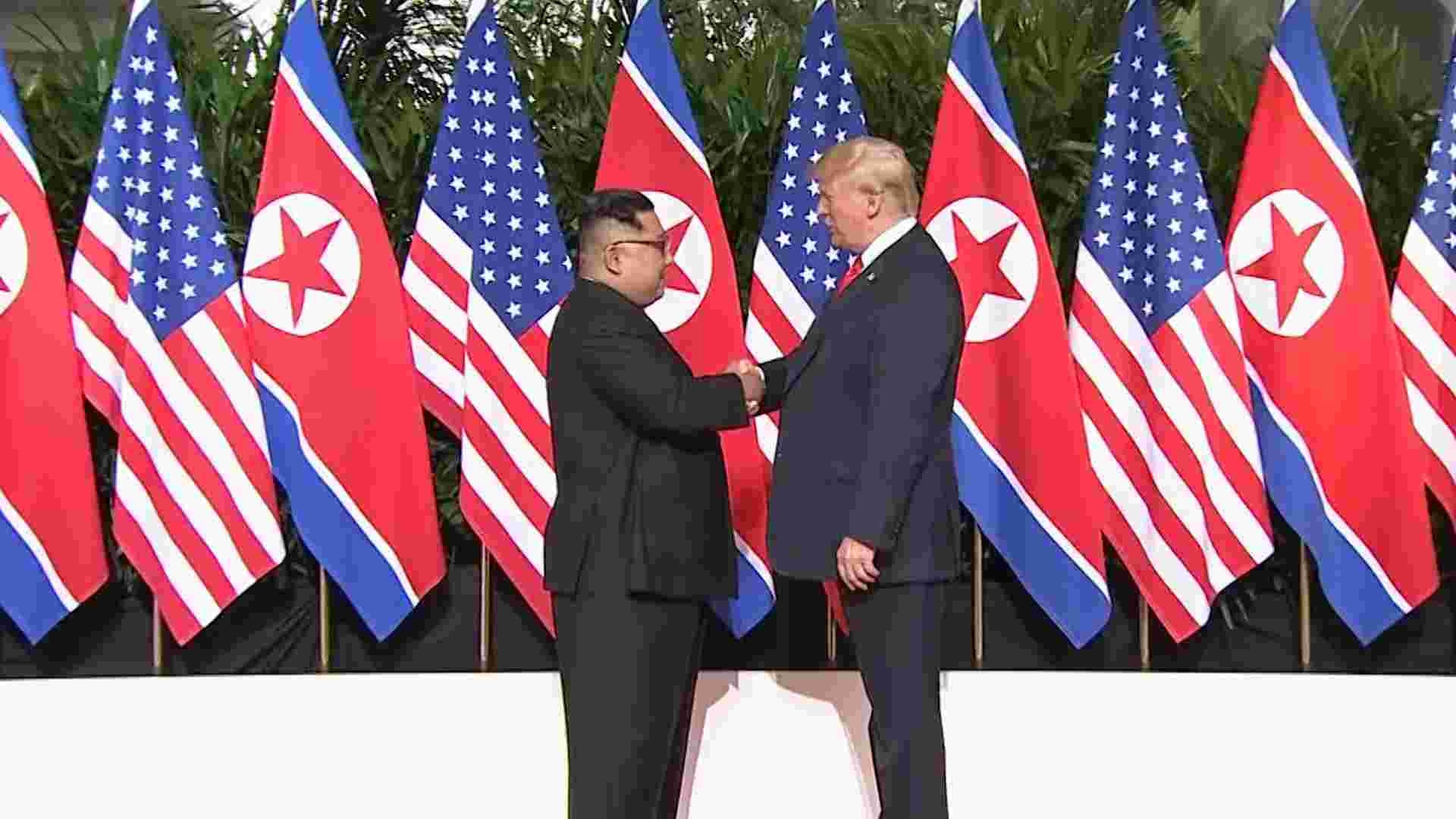Why do Xi Jinping and Kim Jong-un meet repeatedly?
(Baonghean.vn) - China has successfully kept North Korea close and used this relationship as leverage to achieve overarching goals beyond denuclearization.
 |
| Illustration photo: Reuters |
North Korean leader Kim Jong-un made his third visit to China in mid-June. His visit to Beijing, not long after the Singapore summit with the US, was not surprising - it was expected that Kim would inform Xi about the recent summit, and the two sides wanted to outline strategies and directions for the coming time.
But the visit’s predictability does not diminish its significance. Rather, it allows China to establish influence behind the scenes, shaping its image internationally, while also cementing progress on its broader goals for the future of the Korean Peninsula and US-China relations.
First, broader geopolitical competition with the United States was a central theme of the recent visit. Xi likely wanted to send a clear signal to the United States that China continues to play an important role in guiding Kim. Chinese media reports emphasized that China’s dual suspension plan, in which the United States halts military exercises in exchange for a freeze in North Korean nuclear testing, was essentially approved in Singapore. According to Chinese media, this shows that Beijing is a “responsible superpower” and that progress on the North Korean nuclear issue “is truly inseparable from China’s efforts.”
Second, in order to promote the image of a regional power, statements by Chinese officials have the effect of promoting the image of solidarity with North Korea. Post-meeting statements emphasized that the two sides have a “common understanding” on “a series of issues of common concern, including the prospect of denuclearization of the Korean Peninsula.” Media reports emphasized that despite the ups and downs of the nuclear issue, the Sino-North Korean bilateral relationship is strong and growing—and that this bilateral relationship will have a strong impact on the regional environment.
 |
| The handshake between the US and North Korean leaders at the summit on June 12 in Singapore. Photo: USA Today |
Ultimately, China wants to consolidate progress toward reducing the US military presence on the Korean Peninsula. The US suspension of joint exercises is only the first step. Beijing may begin pushing for a peace treaty that could undermine the legitimacy of continued US military presence on the Peninsula. China may even urge Kim to bring up the issue of the US deployment of the THAAD system to South Korea in the next round of talks, putting the US in a difficult position.
The US should push back against such efforts, but unfortunately Washington’s main concern seems to be that China could push for sanctions relief against North Korea or that Beijing could use its role to improve its position in trade disputes with the US.
This concern is not entirely unfounded, although China may not initially respond to the sanctions regime or respond directly to tariffs. But eventually, China will return to the issue of sanctions relief because Beijing believes North Korea’s domestic reforms are the only long-term solution to the nuclear issue. For decades, North Korean leaders have led China to hope that Pyongyang would follow its reform path, only to be disappointed each time. Whatever the reason, Chinese experts believe this time will be different, that Kim is “eager to learn how to turn a developing country into a global superpower.” They point to signals such as Kim’s visits to the China Academy of Agricultural Sciences and Beijing Infrastructure Investment Company during his visit. If Mr. Xi continues to believe that North Korea truly wants to integrate itself into Northeast Asia diplomatically and economically, it is only a matter of time before China steps up economic support to help Pyongyang achieve its goals.
In short, the visit shows that China has successfully kept North Korea close and leveraged the relationship to achieve its overarching goals beyond denuclearization. These goals do not necessarily have to come at the expense of the United States—if China successfully nudges Kim onto the path of reform, it could mean more freedom and openness in North Korean society. But if China again misreads North Korea’s intentions, providing economic assistance could undermine the momentum for denuclearization. In addition, the United States should anticipate and be wary of other Chinese initiatives that call for a reduction in U.S. military operations and presence on the Korean Peninsula.
